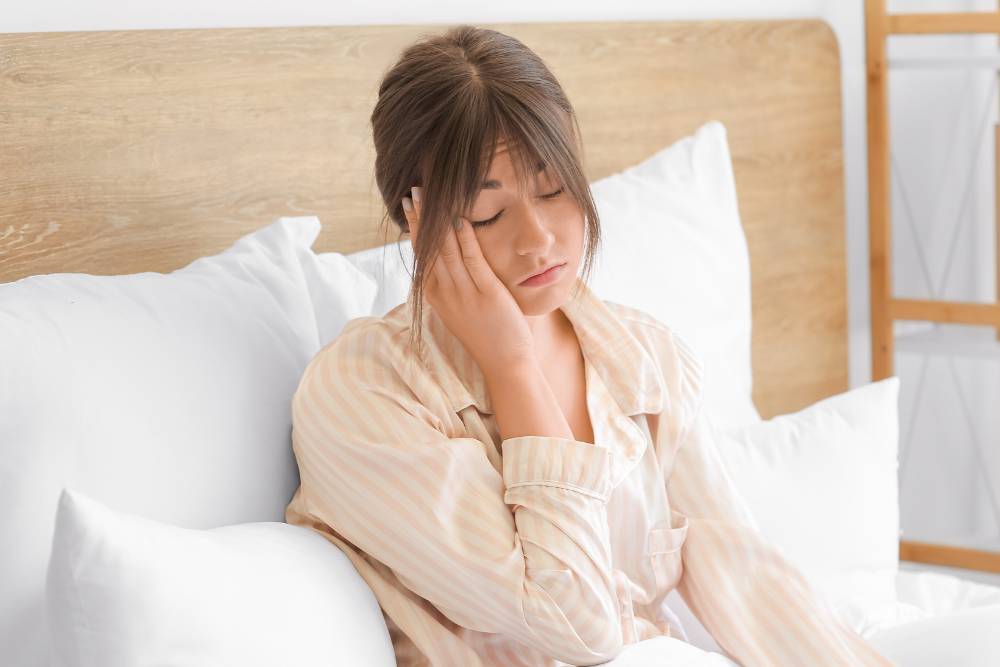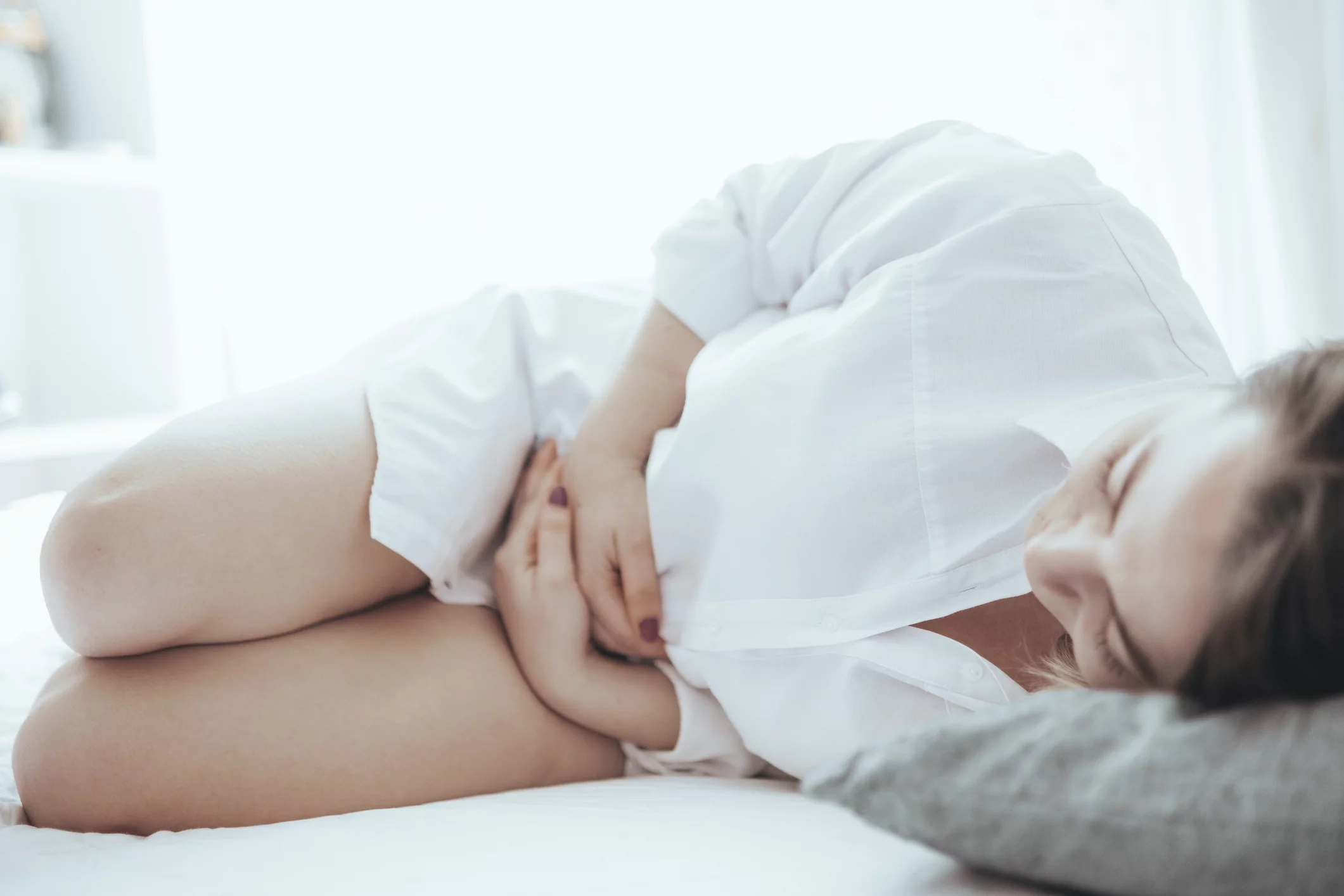Overview
UTIs are not only extremely painful but also make the person experience disturbed sleep and feel very uneasy, so one has to get proper rest, which is crucial for recovery. But one does need to learn some tips in comfort management for the same to happen a little faster, and succeeding sections enumerate in ways of symptomatic alleviation and providing favorable sleeping conditions.
Understanding UTI Discomfort and Its Impact on Sleep
UTIs are characterized by frequent urination, a burning sensation, and pelvic pains. These symptoms worsen at night and disturb sleep. The key to better sleep is the resolution of these symptoms before going to bed.
1. Utilize Over-the-Counter Pain Relievers
You can try medications that are available over the counter for reducing the pain and inflammation caused by UTI. You might wish to consider ibuprofen or acetaminophen to comfort pelvic discomfort and allow yourself to rest. Talk with a health professional before using any medication in order to find what would work the best for you.
2. Drink Fluids at Strategic Times
While hydration is important during a UTI, too much before bed can be counterintuitive for frequent urination. Balance your fluid input: drink enough water in the day and reduce its intake two hours before bedtime. Also, avoid caffeine and alcohol; these will further irritate your bladder and worsen your symptoms.
3. Make sure to empty your bladder before retiring to bed.
Before retiring to bed, ensure that your bladder is completely empty. This can reduce the number of nocturia, or nighttime bathroom trips, thus minimizing disruptions in the sleep cycle. Practice double voiding: urinate, wait a few minutes, and try again to ensure that the bladder is completely emptied of its contents.

4. Apply Heat Therapy
Application of a heating pad or warm compress to the lower abdomen may also help relieve pelvic pain and relax the muscles. Heat therapy increases blood flow to the area, reducing inflammation and discomfort. Apply heat for 15–20 minutes before bedtime for best results.
5. Wear Comfortable Clothing
During a UTI, tight-fitting clothes or synthetic fabrics can be quite irritating to the sensitive areas. Wear loose, breathable clothes made from natural fibers like cotton, which keep friction low and allow air to circulate. Comfortable clothes minimize irritation and contribute to a good night’s rest.
6. Improve Your Sleeping Position
If the symptoms of UTI are bad, then you can start sleeping in your UTI alleviating position or you may elevate the legs above while you lie down and propped against a pillow supporting your lower pelvis region since this tends to relieve pelvic pressure upon the bladder region.
High Neutrophils and Low Lymphocytes | Causes and Implications
Feeling Pain While Lifting | A Signal That You Are Building Muscle
7. Relaxation Techniques
The discomfort of a UTI could be accentuated by stress and anxiety, making it very difficult to sleep. Help your mind and body relax in bed through relaxation techniques, including deep breathing exercises, meditation, or light stretching, which will help your body get into rest mode.
8. Choose the Right Mattress and Bedding
Having a supportive mattress and soft bedding can help to enhance overall comfort in your case, especially when the pains in the pelvic region may be part of the case. Investing in good-quality bedding materials will make a real difference in keeping a restive environment even while you suffer from a UTI.
9. Address Frequent Urination
The most bothersome nighttime symptom of a UTI is frequent urination. To manage this:
Establish a Bathroom Routine: Regularize a bathroom visit routine towards bedtime.
Use Nightlights: In case of nighttime urination, installing soft nightlights may reduce the impact of turning bright lights on and thus can avoid complete wakefulness.
10. Follow Through with Prescribed Antibiotics
In the event that a doctor has prescribed antibiotics, they should be taken accordingly. Antibiotics work to get rid of the infection, and consistent intake is important to recover properly. Avoid missing doses of medication, since this could delay relief and prolong the pain.

11. Avoid Bladder Irritants
Certain foods and drinks can irritate the bladder and aggravate symptoms. Some of these products to avoid before bedtime include the following:
- Spicy foods
- Citrus fruits
- Carbonated drinks
- Artificial sweeteners
Instead, if you get hungry at night, have something bland and soothing to eat.
12. Use Cranberry
Supplements or Products Although research is mixed, some find that added cranberry supplements or juices aid in soothing bladder irritation. Choose versions without sugar and focus intake in earlier parts of the day to avoid unnecessary disruptions.
13. Have a Routine Sleep Schedule
A regular sleeping schedule helps regulate your body’s internal clock, so you will be able to fall asleep easily despite discomfort from the UTI. Go to bed and wake up at the same time each day, establishing a pattern of rest that will work for you.
14. See a Medical Professional for Severe Cases
If the symptoms of UTI are serious and persist, even after self-care techniques, then consider visiting your doctor without much delay. For chronic sleep disturbances, especially in immunocompromised patients, medical treatment is necessary to provide ongoing relief.
Conclusion
While sleeping with discomfort from UTI can be difficult, following these tips can definitely improve the quality of your rest. Control symptoms, make the sleeping environment sleep-conducive, and follow treatment plans to minimize the disturbance in sleep and recovery a UTI causes. Always consult a healthcare professional for personalized advice and follow-up care.
